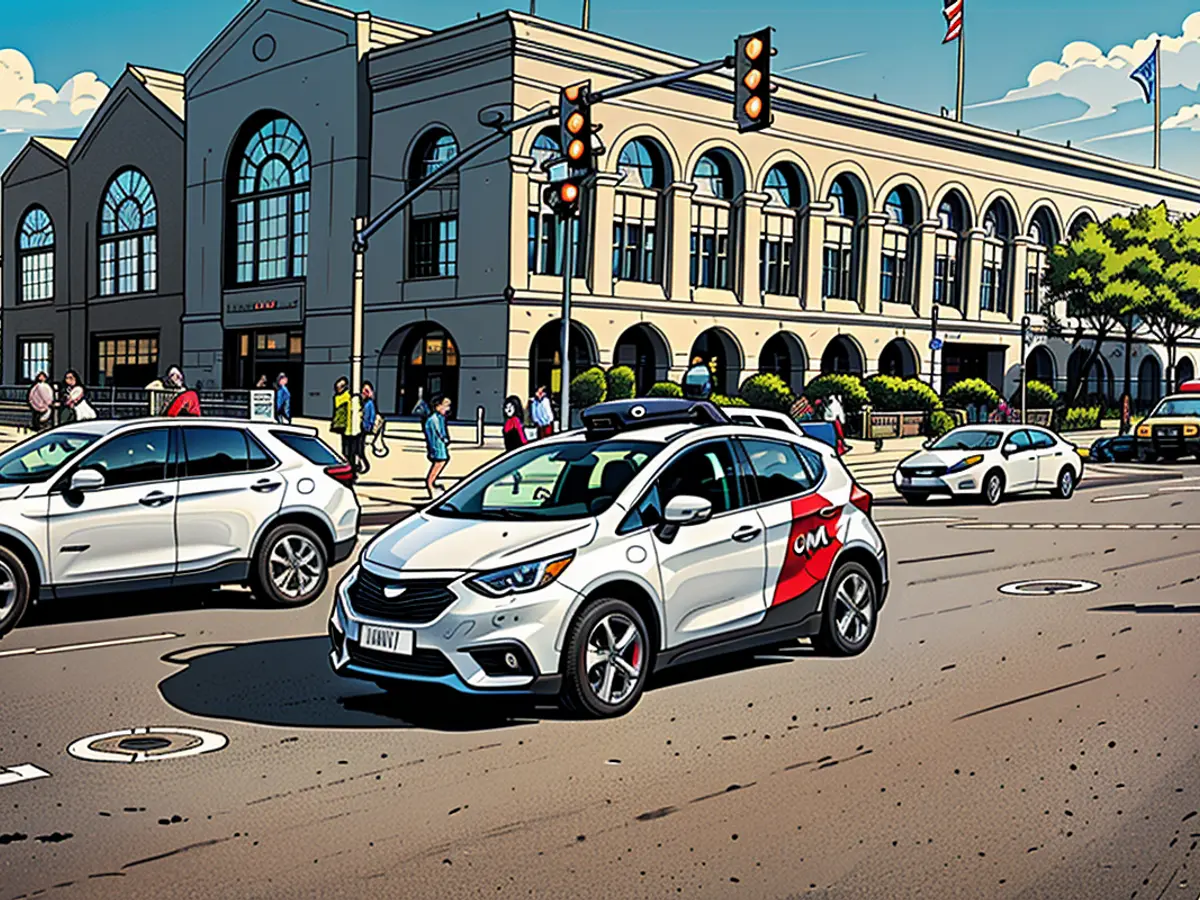Next year, Uber's platform will feature autonomous taxi services provided by General Motors' Cruise.
Uber users will now have the option to book trips utilizing Cruise's self-driving automobiles, as announced in a multi-year deal. GM's shares saw a 1.3% increase in after-hours trading, while Uber experienced a decline of 1.5%.
Over a year ago, Uber began integrating Waymo's fleet of approximately 700 autonomous vehicles onto its platform for driverless rides in Phoenix. Waymo is the sole U.S. company currently operating uncrewed robotaxis for fares.
Cruise is striving to resume its operations on U.S. roads following a significant incident in San Francisco last year that led to a temporary halt. Since then, the company has restarted testing with safety drivers while attempting to reassure authorities regarding the safety of its vehicles.
This week, Cruise announced a recall of nearly 1,200 robotaxis due to issues related to hard braking enactment. As a result, the U.S. auto safety agency terminated its investigation into the matter.
Uber's collaboration with Cruise emerges as Tesla CEO Elon Musk prepares to present his long-delayed robotaxi offerings in October amid a decrease in demand for electric vehicles.
The commercialization of autonomous vehicles has been more challenging than anticipated and has taken longer than anticipated, primarily due to the intricacy of the technology, rising investments, intense regulatory scrutiny, and federal investigations.
To reduce expenditure and concentrate on core businesses such as ride-hailing and food delivery, Uber divested its autonomous vehicle division in 2020.
According to Uber's CEO Dara Khosrowshahi, the company is optimally positioned to deliver significant value to other AV businesses aiming to introduce their technology on a large scale.
Uber observed a 6-fold increase in self-driving trips on its platform during Q2 2021, thanks to collaborations with companies like Waymo and Waabi, a logistics startup.
In the deal announced with GM, Uber will now expand its business offerings to include autonomous rides using Cruise's self-driving vehicles. Amidst these developments, Uber has continued to focus on its primary business of ride-hailing and food delivery, having divested from its autonomous vehicle division in 2020.








